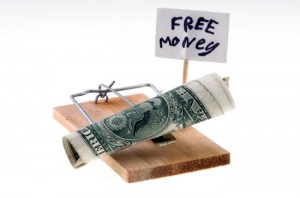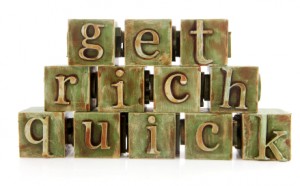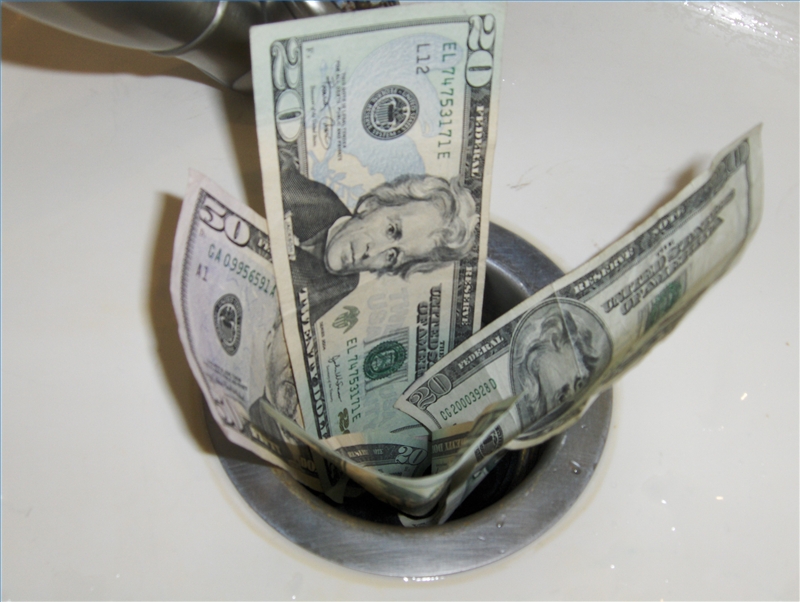Costa Rica News – With what seems as everyday another scam in Costa Rica popping up CRT wanted to put together a little bit of information out there for those that might be put in a situation where your money is stolen in a Costa Rica investment scam.
 I heard from a friend today that there were people selling fake iphone cables that did not work in order to get some quick cash. I am sure they were selling them at about half the price of the ones here which have a joyous about 50% markup from prices in the USA. It seems that more and more people today are moving to lying and stealing to make a quick $ and the Costa Rican legal system allows in to happen as there are in more cases absolutely no consequences for their actions. Look around with projects like Hacienda Matapalo, Paragon, Villas Cabo Vela, and the jatropha biofuel scams all going up in smoke and leaving their investors with nothing and no leg to stand on. You have to be very careful especially in this market in Costa Rica with over inflated prices.
I heard from a friend today that there were people selling fake iphone cables that did not work in order to get some quick cash. I am sure they were selling them at about half the price of the ones here which have a joyous about 50% markup from prices in the USA. It seems that more and more people today are moving to lying and stealing to make a quick $ and the Costa Rican legal system allows in to happen as there are in more cases absolutely no consequences for their actions. Look around with projects like Hacienda Matapalo, Paragon, Villas Cabo Vela, and the jatropha biofuel scams all going up in smoke and leaving their investors with nothing and no leg to stand on. You have to be very careful especially in this market in Costa Rica with over inflated prices.
Now let’s see how they work.
Cons rely on basic principles of human behavior for their schemes to succeed.
Risk
Most people are afraid to take risks. How much are you willing to gamble on a high-stakes poker game? What are your chances versus your possible profit?
Con artists know you’re afraid of risk. They’ll tell you there is little or no risk in an opportunity that could yield untold riches. If there’s no risk, why not jump on in?
Greed
Most people have a tendency to believe that the grass really is greener on the other side of the fence. “If only I knew how to get past the fence,” you say, gazing longingly at that new sports car or the pile of gold coins. Con artists are greedy, for sure, but, more importantly, they know that you are greedy, too. They know they can mesmerize you with promises of great riches and future security.
to get past the fence,” you say, gazing longingly at that new sports car or the pile of gold coins. Con artists are greedy, for sure, but, more importantly, they know that you are greedy, too. They know they can mesmerize you with promises of great riches and future security.
Urgency and Scarcity
“Act now and you’ll receive…”
“Memorial Day Weekend Sale.”
“Clearance Sale — Sunday Only!”
An important principle of sales is the limited-time, limited-supply offer: urgency and scarcity. Con artists use urgency and scarcity to lure their victims quickly, before the victims have a chance to do any research or background checks on the legitimacy of the investment opportunity.
“There’s only room for a few more investors,” Mr. Jones says. “If you don’t give me a check today, I can’t guarantee you any share of the profits.”
You don’t want to miss the train to the greener side. And the greener side is where the train is headed, right? Mr. Jones said so [source: National Futures Association].
Politeness
When a friend kindly offers to cook you dinner, and past experience has shown that he can’t tell a skillet from a spatula, what do you say? You don’t want to hurt your friend’s feelings, after all.
Unfortunately, your fear of hurting someone’s feelings works to a scammer’s advantage. Yes, you’re unsure about investing in this beachfront property in Montana, but Mr. Jones is such a nice young man. And he did drive all the way out to your house to talk to you, not to mention comp your ticket to the investment seminar.
Trust
When you go to a play, and one of the actresses doesn’t know her lines, you lose confidence in the actress’s character. You cease to believe.
The same principle applies to the confidence man. People tend to trust a person who seems to know what he’s talking about and has full confidence in his plan. After all, not only are our emotions swayed by confidence and charisma, we are taught to trust experts. And if you tell a con artist, “No, I’m not investing,” the con won’t reply, “You’re right. You got me.” The con will say, “Well, I’ll just take the opportunity to someone who is interested in making money.” And you start to rethink your decision.
How can you spot a scheme? How do you know if you’re already the victim of a scam? Keep reading this week in The Costa Rican Times.

